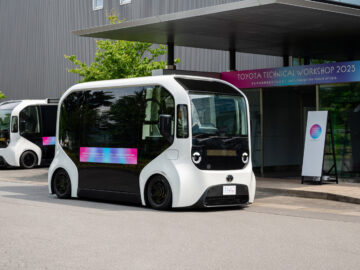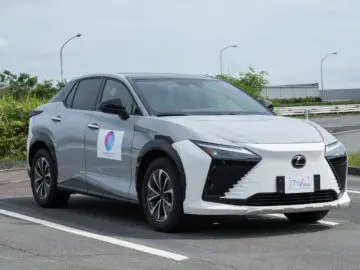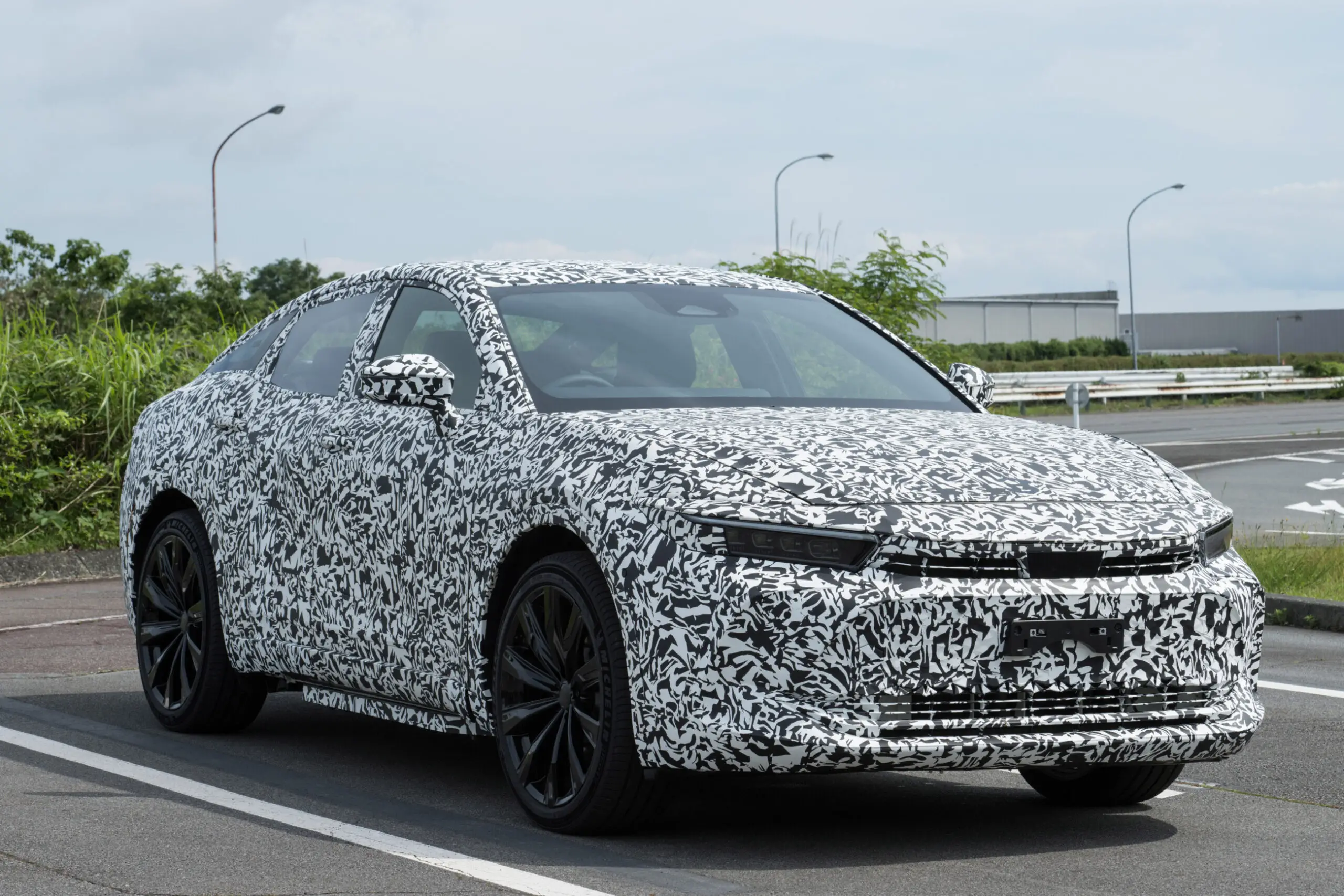EVs with manual transmission, solid-state batteries: these are Toyota’s EV plans
30 battery-electric models
To get right to the point: Toyota does not believe in “one size fits all. Therefore, it is introducing as many as 30 battery-electric models before 2030, including an expansion of the bZ family. From 2035, all new models sold in Western Europe will be all-electric, provided the infrastructure allows it by then. Even the factories must then be carbon neutral.
EVs with manual transmission as well
The expansion of the bZ lineup includes a mid-size and a very compact SUV. There will also be a midsize sedan, a large SUV with a third row of seats and much more. Toyota is also working on a manual EV for exciting human-machine interaction. It is likely that Lexus will be the first to benefit from this technology. Salient detail: this technology also allows an electric car to stall, should you use the clutch too clumsily.
Multi-pathway approach
The spearhead for Toyota is the Toyota Mobility Concept, which consists of three approaches essential to its realization. In terms of electrification, Toyota is pursuing a “multi-pathway approach,” optimizing powertrains specifically for a region. In the field of intelligence, Toyota will not only develop vehicles and services, but also promote social initiatives, such as the experimental Woven City in Japan. Third, Toyota will focus even more on products that meet society’s needs, such as mobility for all and various energy options.




New generation of batteries
An important part of Toyota’s strategy is to develop a new generation of batteries for its EVs. Toyota is working on lightweight solid-state batteries that offer high energy density and should result in a range of more than a thousand kilometers. In addition, solid-state batteries contain no liquid components, making them not only lighter than regular batteries, but also safer. These batteries are integrated into cars with stylish, aerodynamic designs in which artificial intelligence (AI) has played a role in their design.
BEV Factory and Hydrogen Factory
The BEV Factory is an organization focused on the development and production of battery-electric cars and plays an important role in Toyota’s plans. Special production methods allow Toyota to reduce development costs and total investment in vehicles by half.
By 2030, hydrogen markets in Europe, China and North America will be by far the largest. The fuel cell market is expected to reach the threshold of more than 3 trillion euros per year. To respond to rapid changes in the market, Toyota is also establishing another new organization: Hydrogen Factory. The organization will focus entirely on the R&D and production of fuel cells, particularly for the European and Chinese markets.
Important names
Hiroki Nakajima, Executive Vice President and Chief Technology Officer at Toyota, presented these strategic plans for EVs. Takero Kato, president of the Toyota EV unit BEV Factory, and Mitsumasa Yamagata, president of the Hydrogen Factory, also spoke about the future of mobility, EVs and hydrogen.

